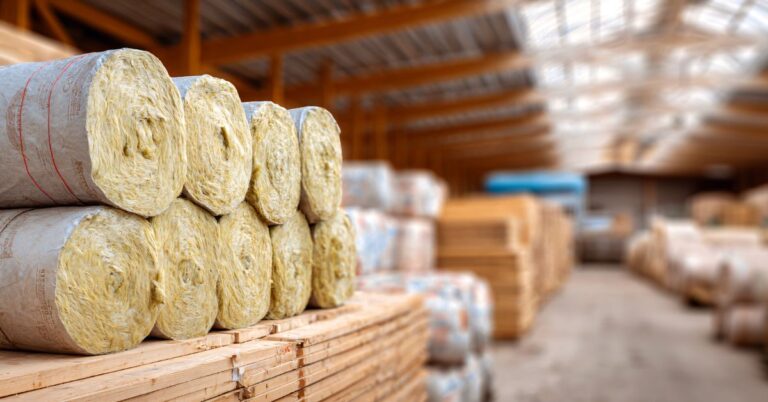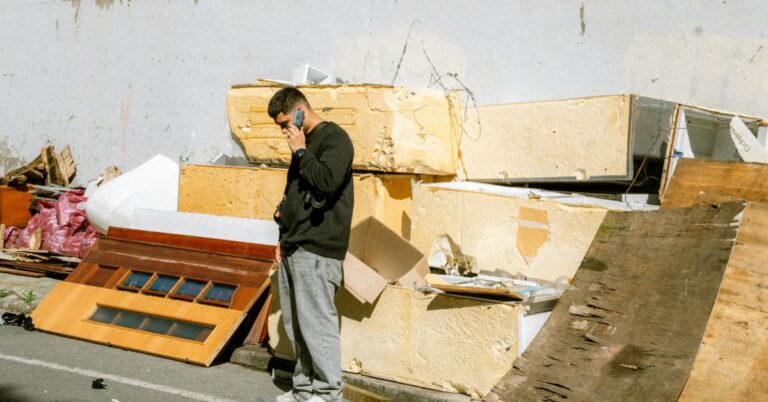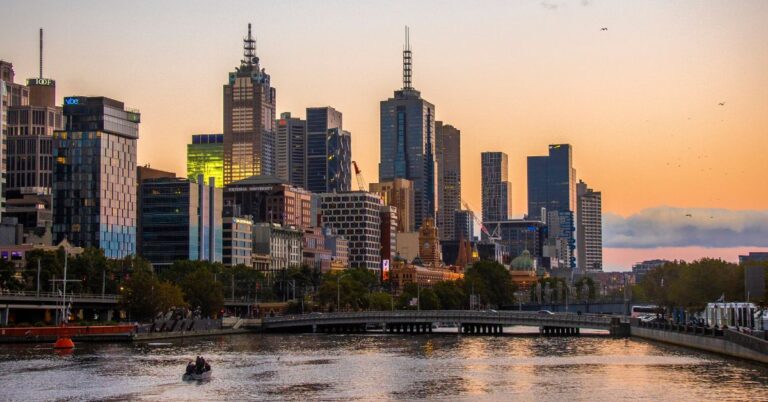Thinking of extending your home in Melbourne? One of the biggest questions most homeowners ask is, “How much will it cost?” Whether you’re adding a new living area, another bedroom, or even a second storey, understanding extension pricing and the factors that affect it is essential before you start.
In this guide, we’ll break down the average cost of extensions in Melbourne, explain what drives prices up or down, and share practical ways to manage your extension budget while still achieving your dream design.
1. What Affects Extension Pricing in Melbourne?
Before you begin collecting quotes, it’s important to know what makes extension costs vary so much.
Size and Design Complexity
The bigger and more complex your design, the higher the price. Simple rectangular layouts with standard ceilings are more affordable, while irregular shapes, vaulted ceilings, or open-plan spaces require more labour and materials.
Site Conditions and Access
If your property has tight access or sits on a slope, expect costs to rise. Builders may need smaller machinery, scaffolding, or manual labour, which all add time and expense.
Structural and Foundation Work
Some homes need extra support or underpinning to handle the new load, especially for second-storey additions. Soil quality and existing foundations also influence the final price.
Materials and Finishes
Your choice of materials plays a major role. Brick veneer, weatherboard, double glazing, and custom joinery each carry different costs. Finishes like flooring, cabinetry, and lighting often make up 20–30% of the total project value.
Permits, Consultants and Engineering
You’ll likely need architectural plans, a building permit, and possibly a planning permit depending on your location. Add in costs for engineering, energy reports, and surveying — usually around 5–10% of the total.
Trades and Labour Availability
Melbourne’s construction industry remains busy, which affects pricing. Shortage of skilled trades, scheduling delays, or building in high-demand seasons can push rates up.
2. Average House Extension Cost in Melbourne
So, what should you expect to spend? In 2025, the average house extension cost in Melbourne typically ranges between $2,000 and $4,000 per square metre.
A modest single-storey rear extension with basic finishes might start around $100,000, while a high-end 80 m² extension can exceed $350,000. If you’re adding a second storey, costs may sit between $1,800 and $3,000 per square metre, depending on the structural work required.
For example, if you’re planning a 60 m² side extension with standard finishes and good access, you might budget around $160,000–$180,000. Premium materials or challenging site conditions could lift that closer to $220,000 or more.
Remember, these are only broad price estimates — every project is unique.
3. How to Plan and Manage Your Extension Budget
A clear, well-planned budget can prevent financial surprises mid-project.
Set Your Priorities Early
Decide what’s most important: space, style, or finishes. If you prioritise functionality, you can save on materials. If premium finishes are essential, consider reducing the overall size slightly to stay on budget.
Request Detailed Quotes
Always ask builders for an itemised quote that lists everything included — from foundation work and framing to cabinetry and painting. This transparency helps you compare fairly and spot hidden costs.
Simplify the Design
Complex shapes, multiple roof lines, and curves increase construction difficulty. Keeping your layout simple can save thousands without compromising quality.
Reuse Existing Structure Where Possible
Working with existing walls, plumbing, or rooflines can significantly reduce costs. Even small reuse decisions add up.
Include a Contingency Fund
Always add 10–15% to your extension budget for unexpected issues, such as soil problems or material delays. This cushion keeps your project moving smoothly.
Stage the Work if Needed
If budget is tight, build the main structure first and complete finishes like landscaping or built-ins later.
Time Your Build Strategically
Starting construction in quieter months (autumn or winter) may allow for better trade availability and pricing.
4. How to Get Reliable Price Estimates from Builders
Getting accurate quotes is key to managing your extension costs. Follow these tips:
- Prepare concept sketches or reference photos to show your vision clearly.
- Define what’s included and excluded in each quote.
- Ask for a fixed-price contract to avoid hourly rate blowouts.
- Confirm who handles permits, design coordination, and inspections.
- Request a clear payment schedule tied to milestones (e.g. slab, framing, lock-up).
- Check previous projects or client references before committing.
5. Common Questions About Extension Costs in Melbourne
How much does a house extension cost per square metre in Melbourne?
On average, you can expect to pay between $2,000 and $4,000 per m² for a single-storey extension. Prices rise with complexity and finish quality.
Is it cheaper to extend up or out?
Not always. While extending upward saves land space, it often requires additional structural reinforcement and roof alterations, which can offset savings.
Do I need planning permission for my extension?
Most projects need a building permit, and some require a planning permit depending on zoning and overlays. Always check with your local council before starting.
How long does an extension take to complete?
Typically, a single-storey extension takes four to eight months from start to finish. Double-storey or complex designs can take six to twelve months.
What extra costs should I allow for?
Permit fees, consultant costs, landscaping, and contingencies can add another 5–15% on top of the base construction cost.
Can an extension add value to my property?
Yes — a well-designed extension can significantly boost your home’s liveability and resale value, particularly in Melbourne’s competitive market.
How can I keep my extension budget under control?
Stick to your design plan, avoid last-minute changes, and communicate regularly with your builder. Simplicity and preparation save money.
6. Key Takeaways and Next Steps
Extending your home in Melbourne can be a great way to add living space and long-term value — but it requires smart planning. The average cost sits between $2,000 and $4,000 per square metre, depending on design, site access, and materials.
Focus on:
- Defining clear priorities
- Simplifying design where possible
- Getting multiple detailed quotes
- Including contingency funds
With proper planning and an experienced builder, your project can run smoothly and deliver the extra space you need without blowing the budget.
If you’re ready to explore options, contact SLK Homes for a free consultation and accurate price estimate tailored to your project.




